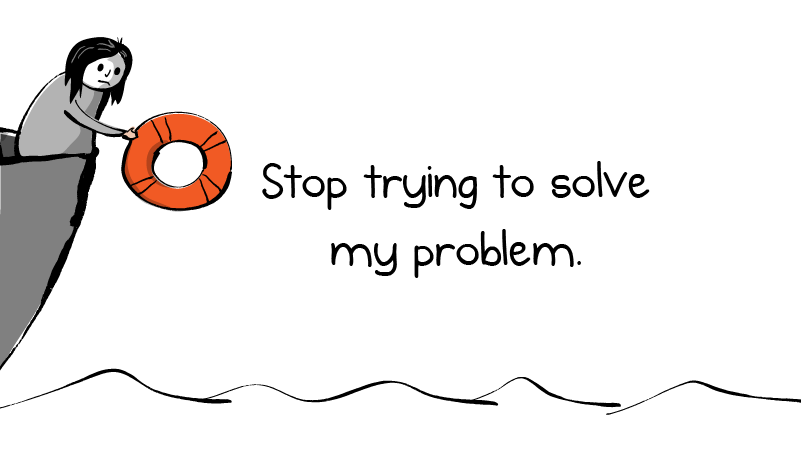Now that we’ve elected a president who promises to make America great again, it’s time to bring back our traditional American values, including:
Reading

- by Anna Parker

- by Angelica Puzio Ferrara
Ο Τραμπ αναμένει πως ο κόσμος θα διχαστεί: Μια ομάδα υποτακτικών χωρών (π.χ. της Ευρώπης και η Ιαπωνία) θα βοηθά στη μείωση του εμπορικού ελλείμματος των ΗΠΑ κρατώντας το δολάριο χαμηλά και αγοράζοντας περισσότερα αμερικανικά αγαθά, ενέργεια και όπλα ● Και μια δεύτερη ομάδα (π.χ. Κίνα και Ρωσία) θα παραμένει εκτός της στρατιωτικής ομπρέλας των […]
The post Το παγκόσμιο οικονομικό σχέδιο του Τραμπ – ΕφΣυν appeared first on Yanis Varoufakis.
Trump’s return isn’t just chaos, it’s a calculated strategy. While liberals dismiss him, Trump understands raw economic power in a way centrists fail to grasp. What is his master plan, and how could it backfire? Meanwhile, Musk & other billionaires are the new ruling class. As capitalism dies, we enter technofeudalism, where corporate overlords control […]
The post Trump, Europe’s Collapse & Why Liberals Keep Losing – interviewed by Rania Khalek appeared first on Yanis Varoufakis.
Soundtrack To A Coup D’etat opens with footage of a Max Roach drum solo, cut with intertitles of his wife, the singer, actress and activist Abbey Lincoln, announcing The Cultural Association of Women of African Heritage’s protest against the CIA-engineered murder of democratically elected Congolese Prime Minister Patrice Lumumba: ‘On Friday, our women are going […]
To all Starfleet personnel,
It is with great enthusiasm that we announce Starfleet’s commitment to moving beyond so-called diversity, equity, and inclusion (DEI) initiatives and embracing a post-bias future where everything is fine and no one needs to think too hard about it.
For too long, our DEI programs have distracted us from our true mission: boldly going where no one has gone before, while ensuring the same five conventionally attractive humans get the best bridge assignments.
Effective immediately, the following programs will be discontinued:
The only way to make sense of our self is to expand it
The post Is Everyone the Same Person? appeared first on Nautilus.
How the godfather of wolf conservation in Canada sees wolf recovery across the border
The post Wolves Reintroduced Themselves to America appeared first on Nautilus.




